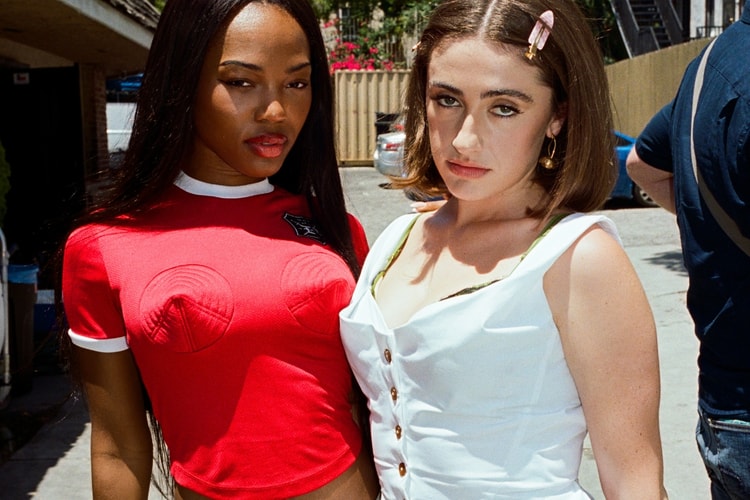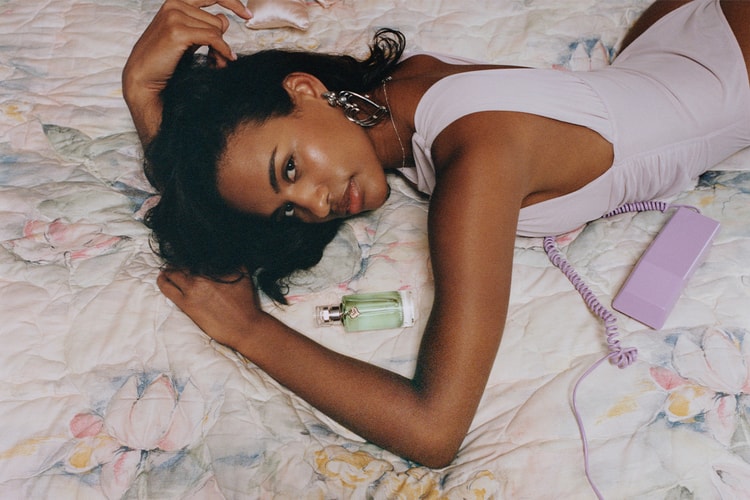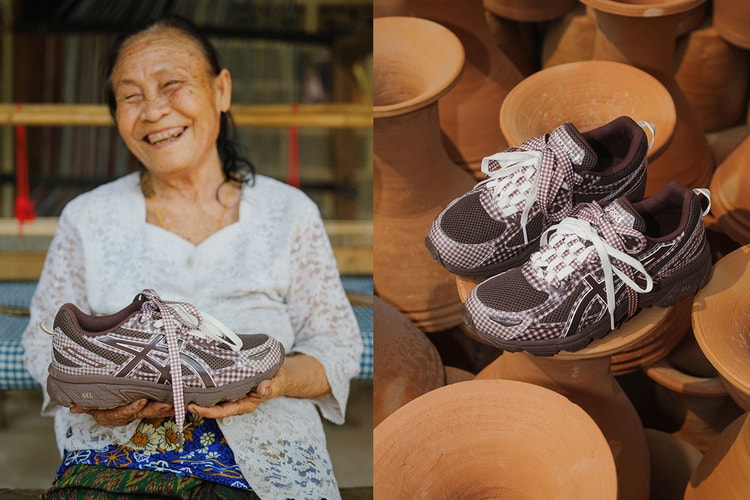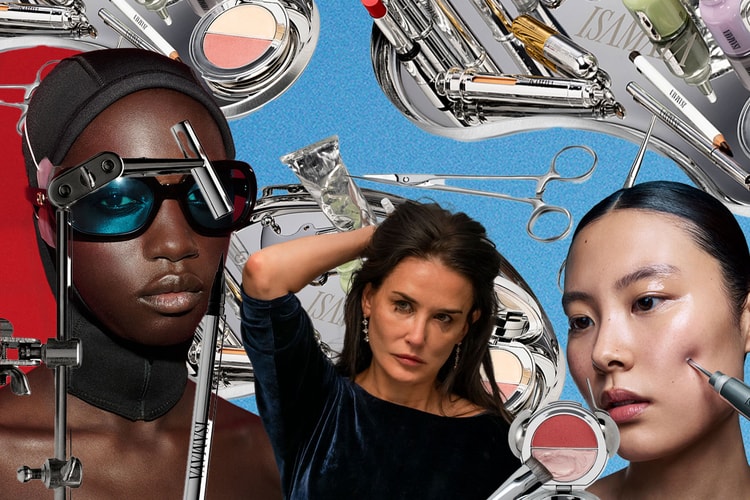
How Tanushri Shah's Love of Flowers Led to the Creation of Her Brand, Wildfleur
“I created Wildfleur because of women like me, who don’t fit into the one-dimensional boxes created around us.”
Tanushri Shah‘s didn’t start with a dream to launch a skincare brand, it started with a problem — one she couldn’t stop thinking about. As a physics major with a background in product development, she was previously tasked with reformulating a company’s vitamin C serum. Instead of taking the easy route, she did what she always does: dove deep into the science. What she found wasn’t just a flaw in the formula — it was something the entire industry was missing. “I realized that pure vitamin C is an all-star ingredient — but brands were doing it wrong,” Shah explains to Hypebae. “They were swapping out pure vitamin C for more stable, less effective versions and calling it innovation. But the real issue wasn’t vitamin C itself — it was how we were treating it.”
That realization sparked a massive search, dozens of conversations with labs and finally, a breakthrough: a flower-derived bioactive that could stabilize 15% pure vitamin C. It wasn’t a flashy gimmick — it was real science rooted in nature. From there, Wildfleur was born — not as a reaction to trends but as a redefinition of what clinical skincare could be.
Below, Shah shares how flowers became her lab partners, what it means to take actives seriously and why she believes beauty doesn’t have to choose between color and credibility.
On how she started Wildfleur
I was supposed to be reformulating a vitamin C serum for another brand at the beginning. Being a physics major with a background in product development (and honestly just a giant nerd), I did more and more research and found that brands hadn’t been stabilizing their vitamin C correctly.
It turns out only one brand had been able to do it but at a higher price point. So, I started searching for a way to stabilize vitamin C at a more accessible price point. After months of searching and speaking to over 80 contract manufacturers, I didn’t find anything except “novel” technologies that were just marketing gimmicks filled with compromises. I ended up finding a little lab in Korea that published a study showing that they had done it — 15% fully stabilized pure vitamin C.
Turns out it wasn’t any sexy-sounding buzzwordy technology. It was a flower. This Korean lab studied the flower’s molecular profile and found this bioactive ingredient in marigolds called xanthophyll, the patented technology we use to fully stabilize our pure vitamin C. So, I tested this hypothesis on other actives like retinol, salicylic acid and so on. I kept finding innovative bioactives in flowers that improve the biochemistry of clinically proven actives.
On the brand’s mission
My mission for Wildfleur is to expand the limits of active skincare and redefine the role of flowers in clinical formulations. Going beyond the narrow limits of what we consider “clinical” and truly studying the molecular profile of flowers to find bioactives and technologies that can improve the biochemistry of all-star actives like vitamin C or retinol.
I don’t want to put a triple-digit price tag on these actives. This class of ingredients has been dismissed by the beauty industry as too colorful to be clinical, [I want to change that.]

On how Wildfleur products stand out
Our vitamin C serum is a first of its kind [product] — the first photostabilized, 15% pure vitamin C at $26 USD. I use our products as part of my morning routine because vitamin C and sunscreen are the perfect pairing to protect against sun damage. It’s also super lightweight and absorbs instantly into the skin, leaving a natural golden-hour glow that has saved me some money on highlighter. It’s also fragrance-free with an optimized pH (between 3 – 3.5), so it doesn’t irritate the skin, unlike most pure vitamin C formulas.
On why she likes skincare
For me, and I’m sure many women, the skincare products and brands we use say a lot about us. They are an extension of our identity that tell you about our biggest pain points, our deepest insecurities, the values we seek and the little things we look for that bring moments of joy in our everyday lives.
As a physics major who wasn’t considered a real scientist because she develops beauty products, it’s not very surprising that I created a brand that takes flowers seriously.

On those who’ve inspired her
How horrible would it be if I said me? To clarify, I created Wildfleur because of women like me, who don’t fit into the one-dimensional boxes created around us. In college, I majored in physics and minored in art. As a founder, I’m asked if I’m a businesswoman, a scientist or a creative. All my life, I have been asked to choose between my interests and told to suppress the more colorful parts of myself to be taken seriously. That’s why discovering the bioactives in flowers felt like such a personal victory to me. [Creating] Wildfleur [inspired me to] embrace the duality of flowers, as not clinical or colorful but both. It allowed me to embrace my many dimensions as a woman.
On her dream partnerships
This might be a little out there but Miley Cyrus would be my dream collaboration (not just because of her song “Flowers”). She was our childhood hero as Hannah Montana, promising us the best of both worlds — just like Wildfleur.

On how her career prepared her for this moment
Given my background in product development and physics, my career has led me to this exact moment where I can finally educate people about the science behind skincare and the science behind their favorite active ingredients. I want our customers to understand how actives work and that it isn’t enough for a formula to just have vitamin C — it needs to be the right type, at the right level and stabilized to be effective.
On where she sees the brand in the future
In five years, Wildfleur hopes to redefine our understanding of clinical skincare and the role of flowers within it by taking clinically proven actives and treating them right. Using the right type, the right level and improving their actual efficacy through bioactives and new technologies, we find by taking flowers seriously. A personal goal for me is to become the fastest growing brand at Ulta — they took a chance on us with our 600-door launch. I want to make them proud.


































